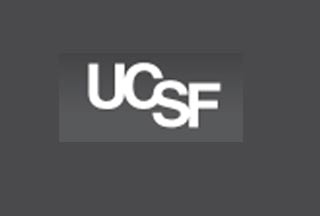
The aforesaid drug was initially commercialized by the name RU-486. It seems to impede the activity of progesterone and cortisol in the brain that play a major role in supporting alcoholism and relapse.
“It’s well-known that stress can lead to relapse in people who are trying not to drink. Until now, we have had very few interventions that showed potential as possible treatments,” commented senior author Selena E. Bartlett, PhD, director of medications development at the Gallo Center.
The team trained a group of male rats to consume an alcohol solution or sucrose solution by tapping a lever on demand. In order to replicate the phase of rehabilitation in humans, the experimenters conditioned the rats to abstain from pressing the lever to attain the reward of a drink.
To introduce stress into the bodies of the rats, they administered yohimbine that induces stress and relapse-like actions in mice. Mifepristone was then injected into the mice prior to consumption of yohimbine. As per the outcomes, these rats did not press the lever for the drink as compared to the control group of rats.
In order to reaffirm the results, the scientists repeated the same trial, but before administering yohimbine, they introduced mifepristone straight into the central nucleus of the amgydala that is known to contribute to stress, anxiety and other such disorders.
Here, again they found that mifepristone infusions deterred the liquor-drinking mice from hitting the lever unlike the mice which were conditioned to drink sucrose solution. The investigators are now planning to locate the portion of the brain responding to mifepristone that aids in restraining alcohol relapse.
The research is published in the journal, Neuropsychopharmacology.
